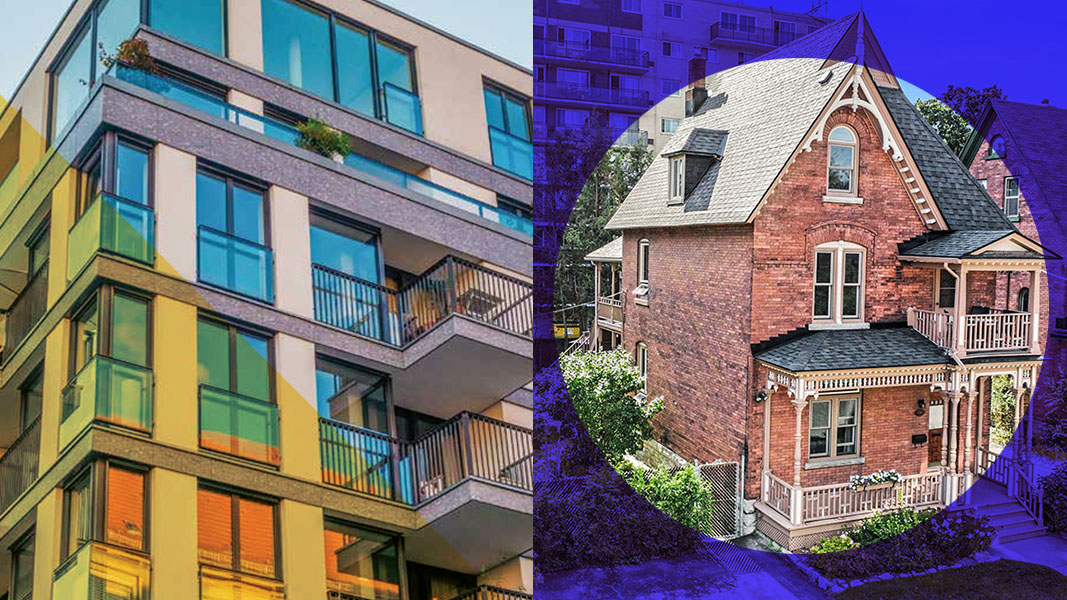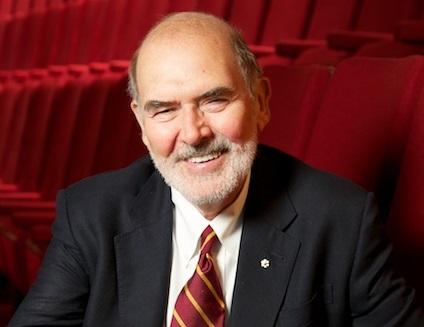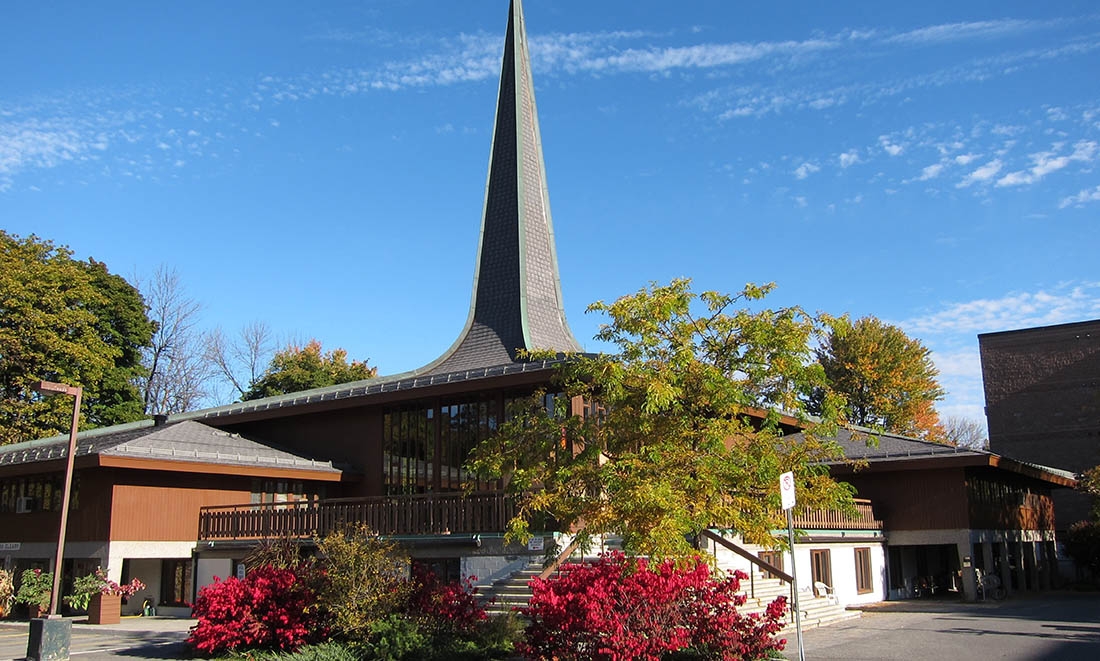
File Your Vacant Unit Tax Declaration Before It’s Too Late
As the new year begins, homeowners in Ottawa are reminded to complete their Vacant Unit Tax (VUT) declaration for each residential property they own by the March 20, 2025, deadline. Those who forget will incur a $250 late fee to be applied to declarations submitted after the deadline.
The VUT, introduced in 2022, was designed to address Ottawa’s rising housing costs, which have been driven by increasing sale prices, rents, and higher living expenses, including mortgage rates and household debt. The tax incentivizes homeowners with unoccupied rental units or vacant homes to make these properties available, thereby boosting the housing supply and stabilizing prices. According to city estimates, the VUT contributed to a 28 percent increase in the housing inventory in its first year.
In 2022, the City of Ottawa collected $12.6 million in VUT revenue. After covering the administrative costs of $2.28 million, the balance was invested in affordable and supportive housing initiatives. In 2023-2024, the city reported that the VUT funded the following projects:
• 54 supportive housing units by Salus at 56 Capilano Drive in Ward 9;
• 31 affordable rental units by Nepean Housing at 1 Dunbar Court in Ward 8;
• Acquisition of 1245 Kilborn Place (Ward 18) for the purpose of redeveloping the site to include supportive housing and a community and social services hub;
• 133 affordable rental units by Multifaith housing initiative who are partnering with a private developer, Dream (247 affordable and 354 market units) at 665 Albert Street in LebretonFlats in Ward 14;
• 273 affordable rental units by Ottawa Community Housing Corporation’s Rochester Heights Phase 2 project at 822 Gladstone Avenue in Ward 14.
While principal residences are not directly subject to the tax, homeowners must still declare their occupancy status. Residences vacant for 184 days or more within a calendar year will incur a 1 percent tax unless an exemption applies. Exemption criteria include circumstances such as legal restrictions, illness, hospitalization, or significant renovations.
For properties that remain vacant for consecutive years, the VUT rate increases by 1 percent each year, up to a maximum of 5 percent.
The VUT program also includes an appeals process for homeowners who believe they’ve been charged in error. Appeals begin with a Notice of Complaint (NOC), which allows property owners to contest charges on their final or supplementary property tax bills. If the NOC is denied, a second level of appeal is available. In 2022, 6,348 homeowners were charged VUT, and of the 3,357 appeals filed, 86.6 percent were successful.
To complete your VUT declaration, visit MyServiceOttawa and navigate to the Property Tax and Vacant Unit Tax section. Alternative and accessible modes of declaration include:
• Phone: Call 613-580-2444 (option 3) for assistance completing your declaration. Agents are available Monday to Friday, 8 a.m. to 4:30 p.m.
• Video Relay Service: Call 613-580-2400 for support through Canada Video Relay Service during the same hours.
• In-person: Visit any City Client Service Centre. Find locations and hours at ottawa.ca/csc.
For more information on exemption eligibility and other details, visit ottawa.ca/vut.










